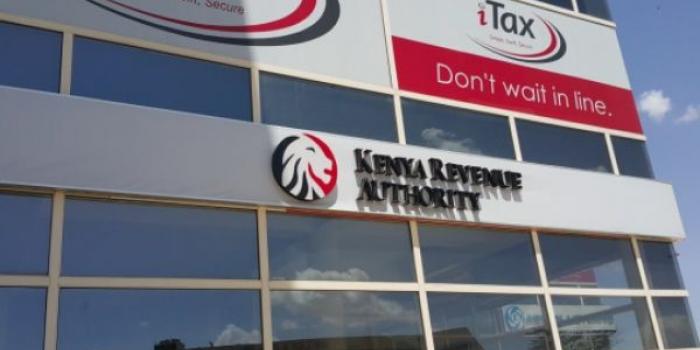 The Kenya Revenue Authority (KRA) has introduced an electronic Tax Invoice Management System (eTIMS) to enhance the customer experience in submitting invoices to the taxman.
The Kenya Revenue Authority (KRA) has introduced an electronic Tax Invoice Management System (eTIMS) to enhance the customer experience in submitting invoices to the taxman.
In a statement on Monday, March 4, the authority said all businesses, including those in the Informal Sector and Small Businesses, must electronically generate and transmit their invoices to KRA via the electronic Tax Invoice Management System (eTIMS).
The eTIMS Lite platform enables non-VAT registered taxpayers to electronically generate and transmit their invoices to KRA through an easy-to-use interface.
“Kenya Revenue Authority (KRA) would like to remind the public that all persons carrying on business including those in the Informal Sector and Small Businesses are required to electronically generate and transmit their invoices to KRA via the electronic Tax Invoice Management System (eTIMS),” read the statement dated March 4 in part.
How it Works
As per KRA, eTIMS Lite will be accessible through the eCitizen platform and USSD code, allowing Kenyans to access services by dialing *222#.
Business people and traders targeted by this simplified system can also use the platform by logging onto www.ecitizen.kra.go.ke for the web-based invoicing solution.
eTIMS Lite (VAT) User Guide
The taxman said the initiative aims to promote tax compliance across all sectors of the country.
“We are committed to supporting taxpayers and ensuring compliance with tax regulations. Through initiatives like eTIMS Lite and our ongoing engagement with stakeholders, we aim to facilitate a smooth transition to electronic invoicing while providing tailored support to meet the diverse needs of businesses in Kenya,” KRA noted.
In conjunction with the introduction of eTIMS Lite, KRA has encouraged taxpayers and representative bodies encountering compliance challenges to interact with the authority for additional support.
KRA has emphasized an innovative solution known as reverse invoicing, allowing sellers to authorize buyers to issue invoices on their behalf. This concept provides greater flexibility in invoice management.
Small business owners and individuals in the informal sector are required to file their taxes every month.








